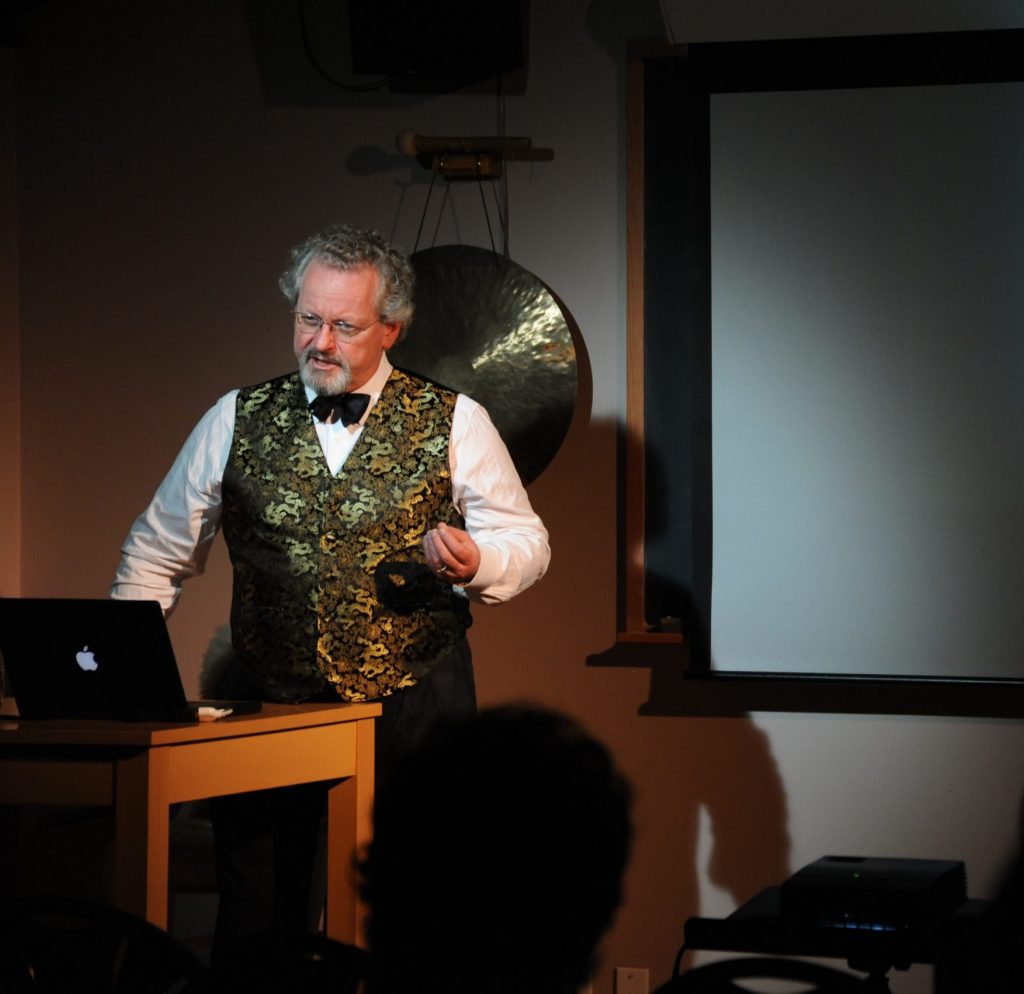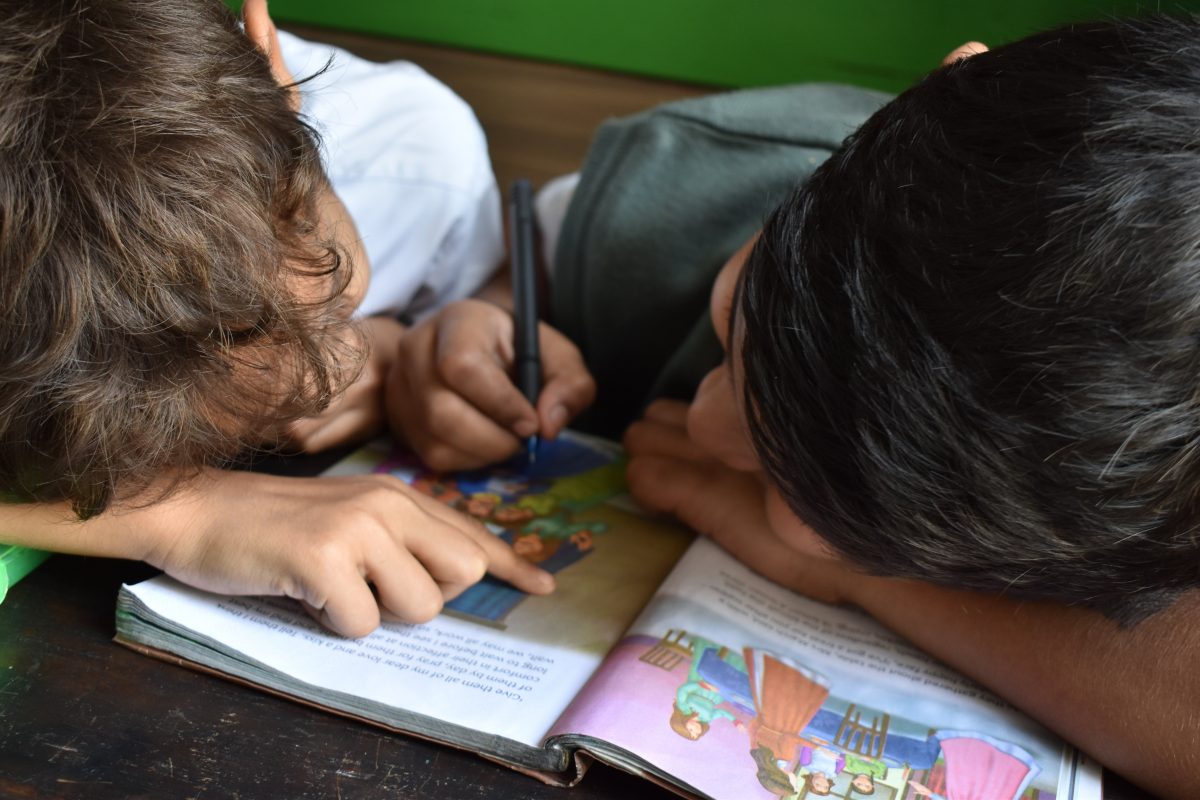Alphonse Daudet - A French Naturalist
Like Guy de Maupassant, Robert Frost, etc, Alphonse Daudet who was the son of a French silk trader wrote during the times of Franco-Prussian war. He represented scenes and experiences from his own life. This made his stories relatable to his readers. Let’s see how he depicts the environment of war and its effect on the education of children:
Story at a glance
A little boy named Franz, in a small city of France, hurries to reach his school on time, all the while imagining about the homework assignments he hasn’t finished. He is frightened to be noticed coming in late with no homework to show. He thinks about the first class of French language where his strict teacher will ask him about the participles.
To his surprise, when he enters his unusually quiet class, he finds his teacher M. Hamel dressed in his fancy attire. He is wearing a green coat, frilled shirt and embroidered black hat. He politely asks Franz to take his seat, which is even more surprising.


After some time, he gets to know that it was M. Hamel’s last lesson as the school was under the strict order to teach only German. This shocked Franz who gradually noticed his teacher’s sad face. That day the students learnt more than they had ever in the entire session. Even M. Hamel taught so patiently as if to pass over his knowledge.
His last message to his students was to never leave their mother tongue- French. As long as they remembered and were respectful to French they could never truly be under the rule of the Germans.
Franz reflected on this a while. He noticed the people from the village - former mayor, former postmaster, old Hauser (someone Franz recognised), several other people from the community. He knew they were present to pay tribute to their teacher.


The students worked undistributed by the low cooing of pigeons, humming of beetles, etc just practising writing french on their new sheets. When the bell rang and the class was over, M. Halem only wrote “Viva la France” (Long live France!).
Linguistic chauvinism
The mother tongue of any country represents a unifying factor, a common sentiment of the nation. Ridding someone of their native language is an attack on the identity of the person.
The Germans intended to change the thinking process of the people of France and hold their thoughts in chains. This story reflects the present day need to preserve one’s own language. The extinction of one's language leads to decay of the entire nation.






